Inspiration can be hard to come by for those who don’t know where to look for it. But at the University of Alberta, inspiration happens every day. It shows in the ingenuity of the researchers who work here. It flows through the classrooms, labs and lecture halls where today’s learners find their purpose as tomorrow’s leaders. It cascades into communities near and far as students, graduates and partners work together for the greater good. And every time it happens, there’s a story to be told. Here are just a few of the many stories that inspired us this year.
Satellite launch marks new milestone for made-in-Alberta space science
Designing, building and launching Alberta’s first space satellite in 2017 was a tough act to follow for the U of A’s student-led AlbertaSat team, but they pulled off a repeat feat this year with the launch of Ex-Alta 2. The breadbox-sized cube satellite carries purpose-built imaging equipment to help scientists observe wildfires around the world and gather information crucial to fighting their spread. The AlbertaSat program has been an enormous success, ushering in the development of a nascent space industry for the province and creating a legacy of innovation and mentorship that will continue as the students gear up for their next mission in 2025.
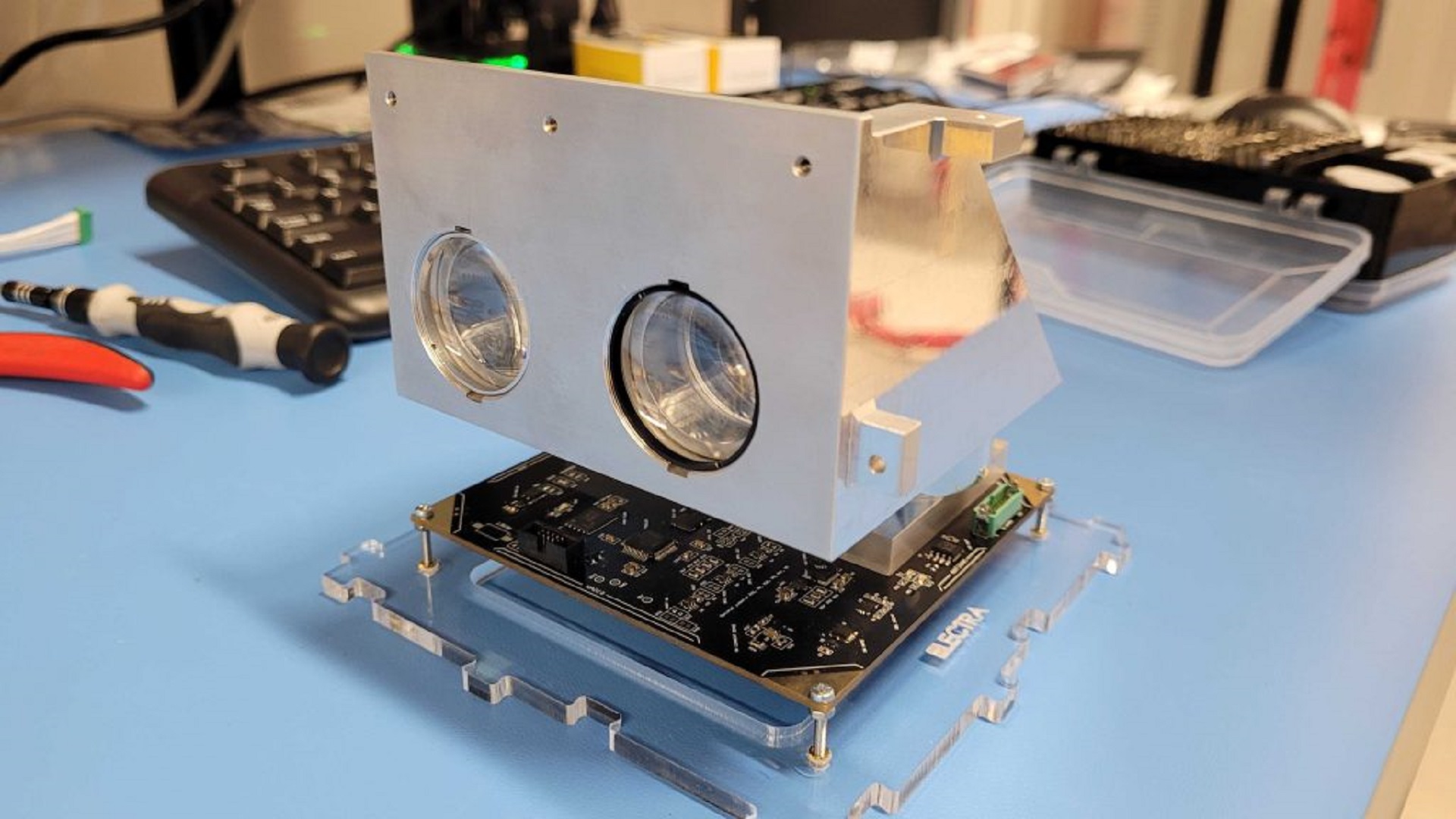
Drug manufacturing facility gets green light thanks to federal dollars
Alberta’s burgeoning biomanufacturing and life sciences industry got an $80.5-million federal funding boost in March, giving the green light for the Canadian Critical Drug Initiative to create an integrated research, development and manufacturing cluster in Edmonton. Along with the announcement of a U of A-led Prairie research hub for pandemic preparedness earlier the same month, the initiative puts the university and its partners at the centre of efforts to commercialize discoveries and give Canadians a reliable national supply of life-saving drugs and vaccines.
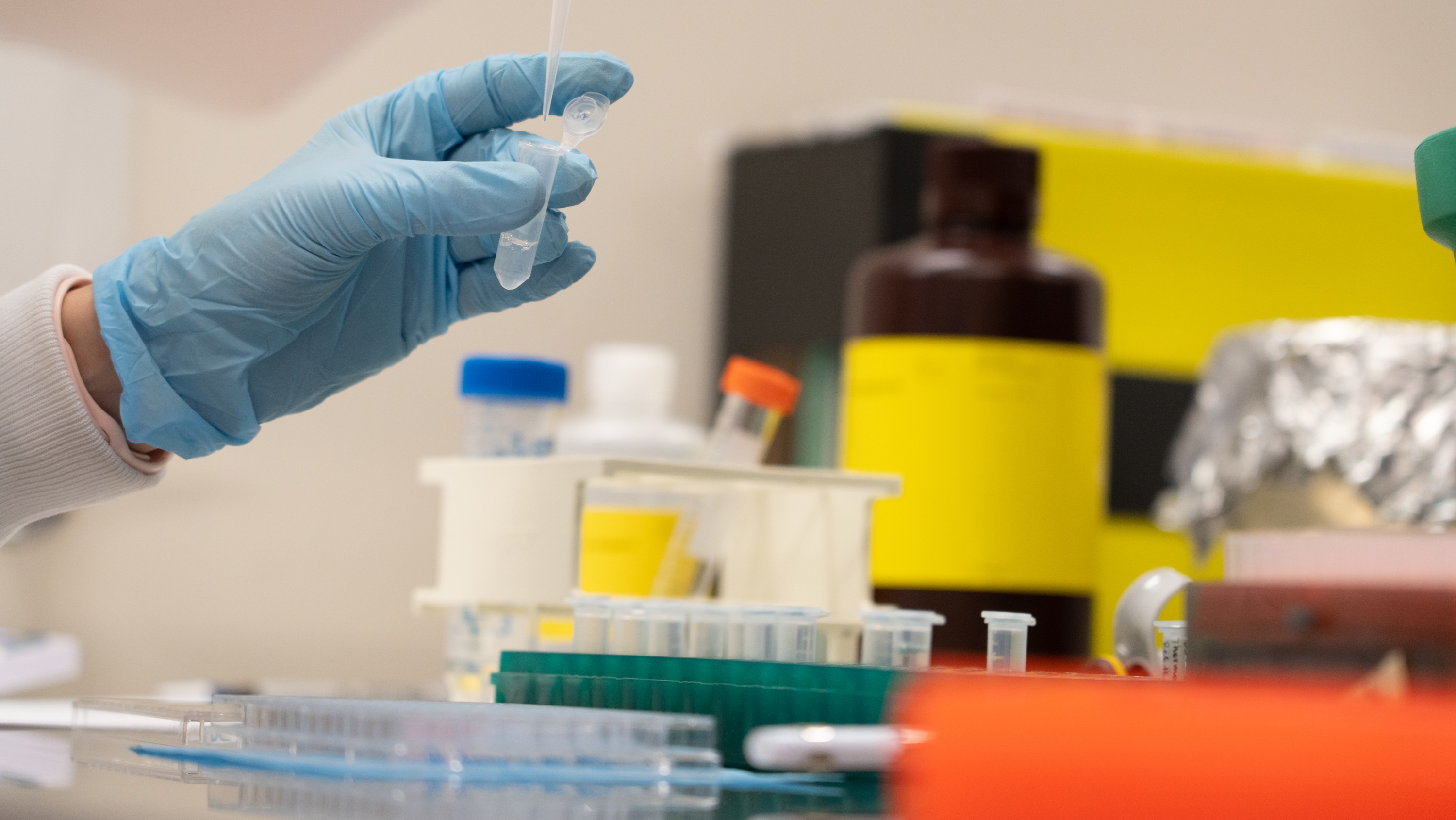
Researchers discover a way to produce hydrogen and purify water at the same time
Sometimes discoveries happen by chance — as in this case, when a chemistry researcher noticed that the electrode he was creating for an undergrad student was acting unexpectedly. The result was a new type of catalyst for a hydrogen fuel cell. It’s easy and inexpensive to make, uses materials that are non-toxic and plentiful, and purifies the water used in the process, which could make it helpful in remote areas or for disaster relief. And while we’re on the subject of hydrogen being helpful, another U of A researcher found that blending it with natural gas to heat homes could save up to five per cent on carbon emissions without changing existing infrastructure. It’s no wonder that hydrogen has a bright future as an energy source.
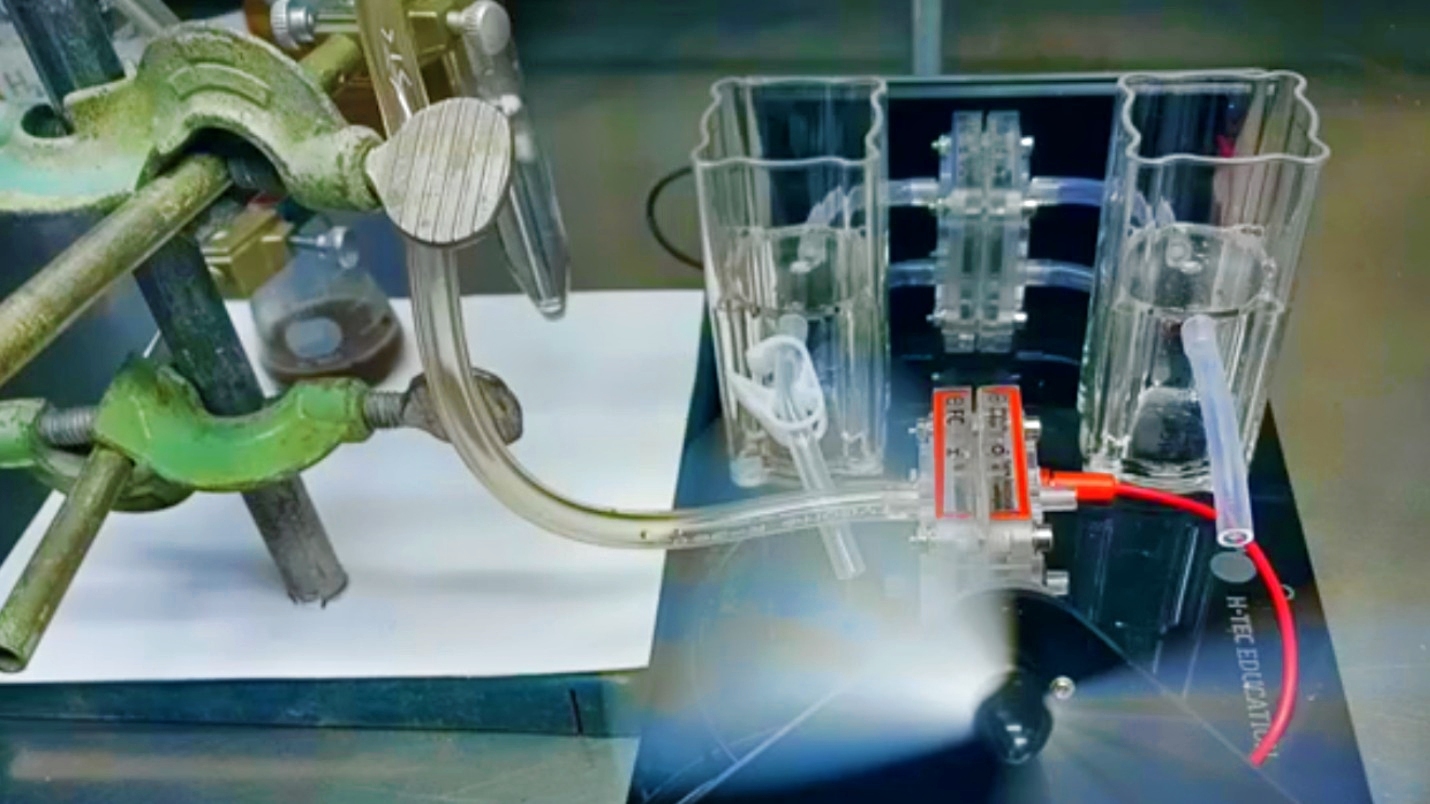
Aspiration and ‘aunties’ lift Indigenous law grad all the way to the Supreme Court
When Casey Caines got a phone call from Supreme Court Justice Michelle O’Bonsawin saying she’d been chosen for a clerkship, she thought it was a scam and almost didn’t answer. Luckily for both of them, she took the call and took the position — a milestone moment for the Cree/Dene law grad, who is the first Indigenous person to clerk for the first Indigenous justice on the highest court in Canada. For Caines, it was the culmination of the journey she began when she came to law school to be a better advocate for her child, and a step toward achieving her goals of reducing systemic inequalities and barriers to access for Indigenous people. She’s just one of the many outstanding grads we highlighted during spring and fall convocation this year. Read their stories and be even more inspired!
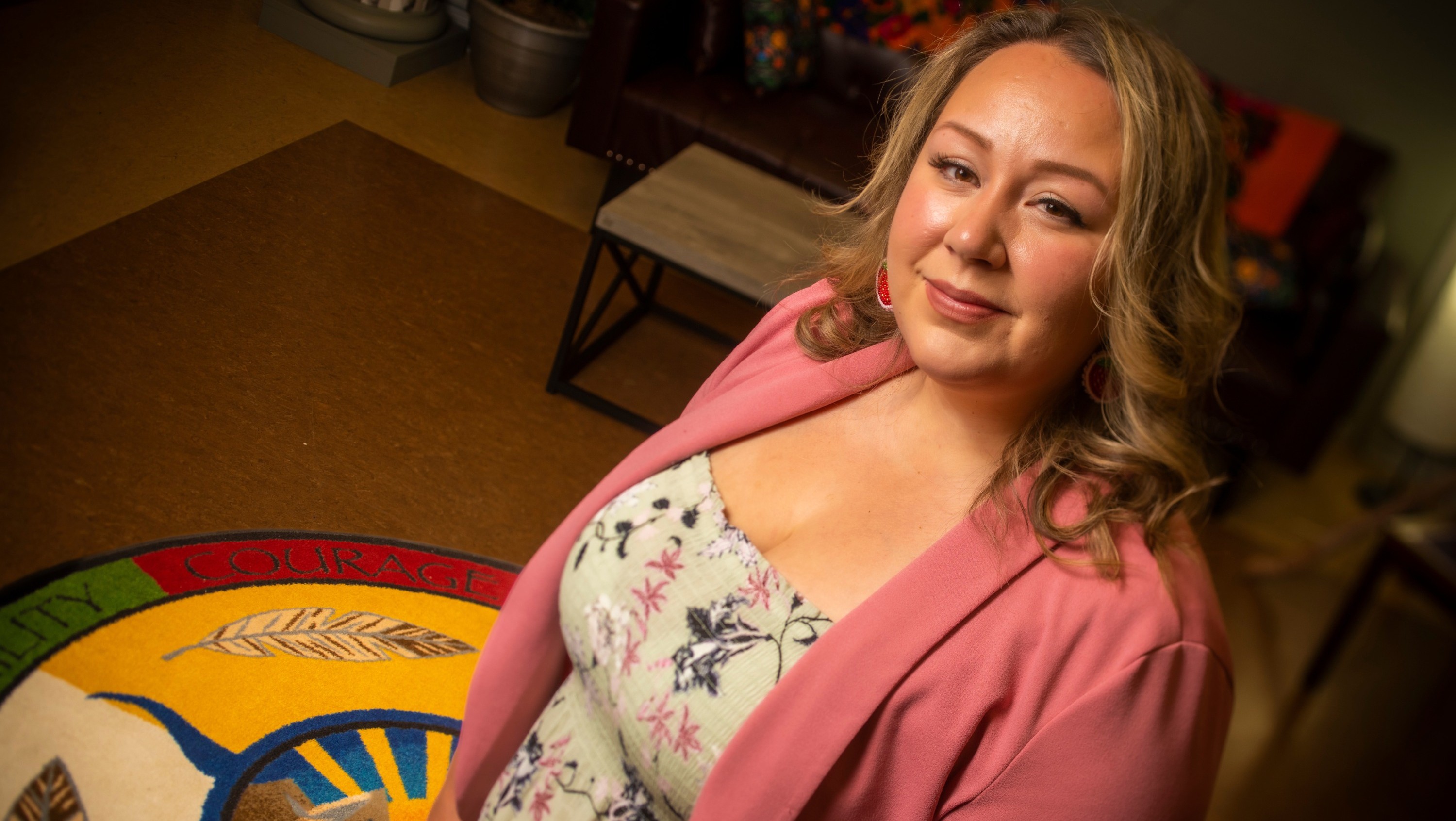
Cancer discovery earns U of A grad the Breakthrough Prize
It’s known as the “Oscars of Science” for good reason — at $3 million for each recipient, the annual Breakthrough Prize is the world’s richest award recognizing scientific advances, and it’s not uncommon for winners to go on to claim the Nobel Prize. So when two U of A graduates won the prize this year, it was kind of a big deal. Michel Sadelain, who earned his PhD in immunology in 1989, was recognized for his discovery of cancer-fighting immunotherapy using patients’ own T cells. And Fred Van Goor, a 1996 PhD graduate in biological sciences, won for developing life-changing treatments for people living with cystic fibrosis. Both credit the U of A for putting them on the path that led to their breakthroughs. We’re glad they didn’t forget to thank the academy!
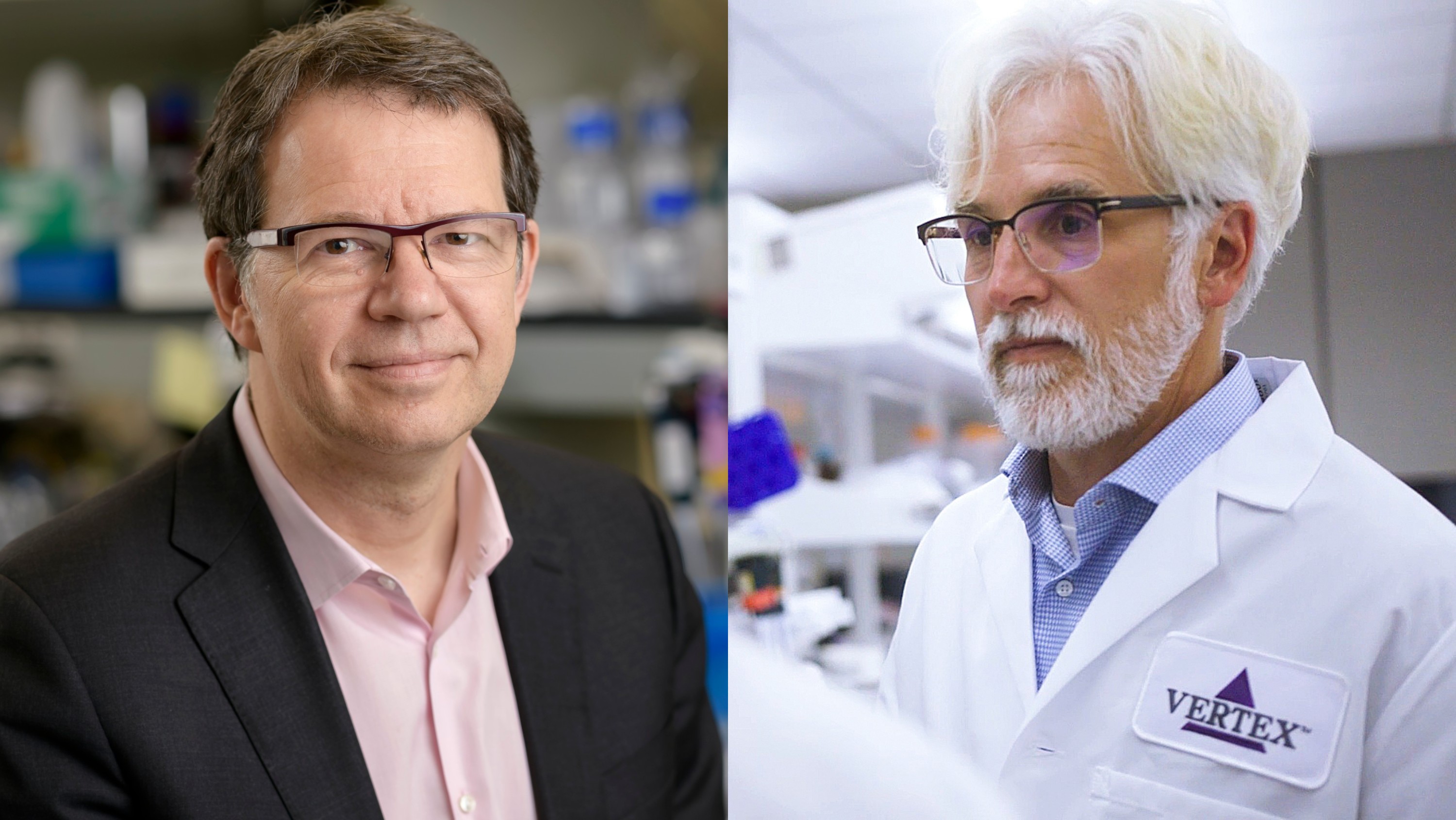
U of A sets sights on higher enrolment, stronger global impact
In September, the U of A laid out an ambitious vision for the shape of things to come over the next decade. Shape: The University Strategic Plan 2023-2033 sets a course for taking the U of A’s impact to a new level by building on its successes over its 115-year history, with goals including higher enrolment, higher global rankings and more support for innovators. In tandem with other institutional plans including the Braiding Past, Present and Future: University of Alberta Indigenous Strategic Plan and Forward with Purpose: A Strategic Plan for Research and Innovation, Shape unites the university’s diverse communities behind the common cause of “Leading with Purpose.”
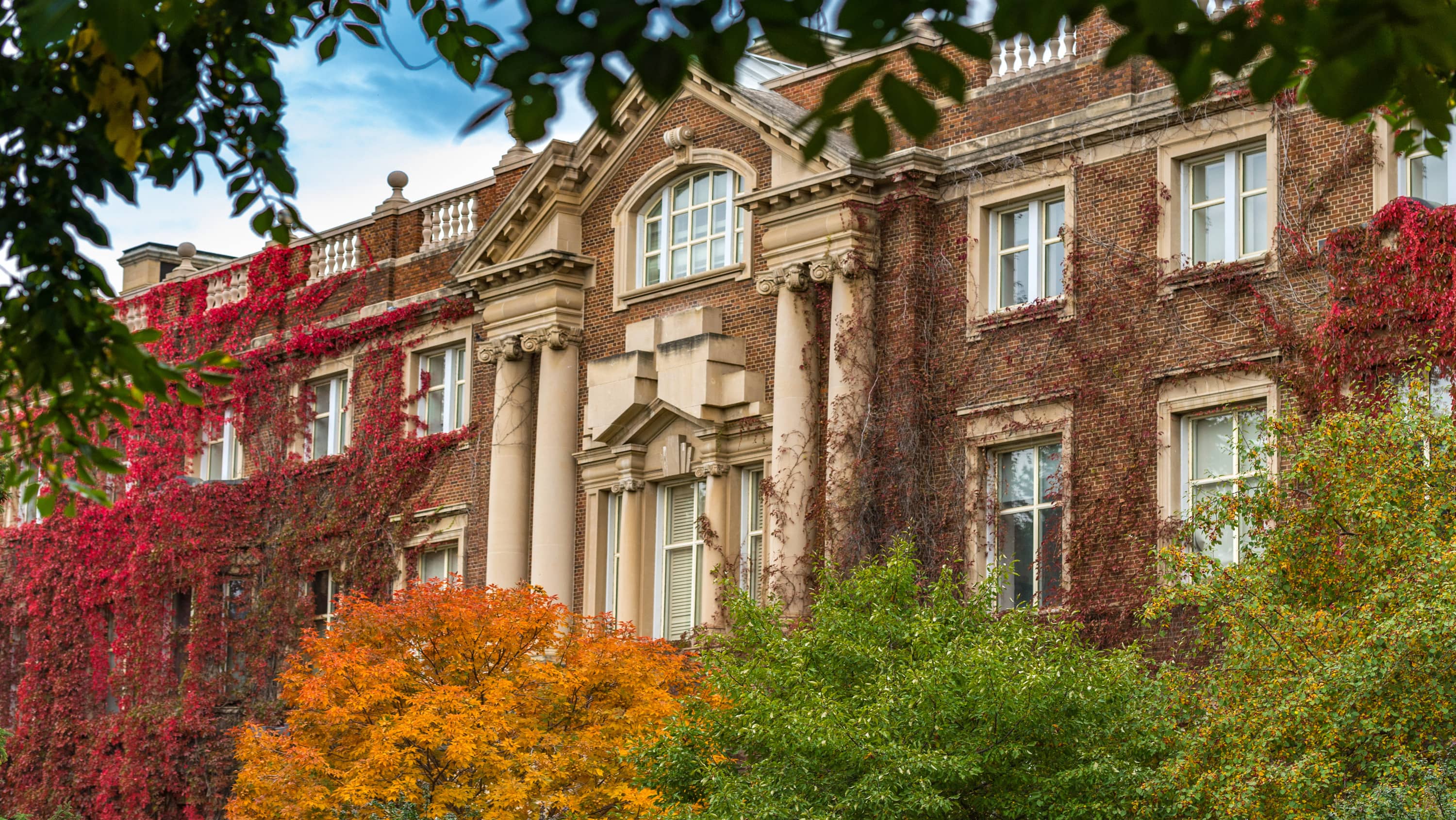
Lit sounds: U of A experts help rescue treasure trove of audio cultural history
While everyone else was checking out their Spotify Wrapped, English professors Michael O’Driscoll and Cecily Devereux were working with colleagues to make six decades’ worth of Canadian cultural heritage accessible to new listeners — including recordings of readings and interviews with the likes of Rudy Wiebe, Sheila Watson, W.O. Mitchell, Margaret Atwood and Michael Ondaatje. Whether people end up listening to the revived recordings for study, research or pleasure, Devereux elegantly sums up the point of the project: “You have to hear it to understand it.”
Could a pill cure diabetes? A U of A researcher is working on it
What better way to celebrate Diabetes Awareness Month in November than by shining the spotlight on what could be a life-changer for people with the disease? How about also highlighting not one but two advances in islet cell transplants? Or a study looking at whether diet and exercise could put Type 2 diabetes into remission? If that’s still not enough, let’s throw in some participatory research aimed at improving care, along with some incredible advocacy and mentorship by grad students who not only study Type 1 diabetes, but also live with it. Not bad for a month’s work at a university that’s been leading the way in diabetes research for more than a century.
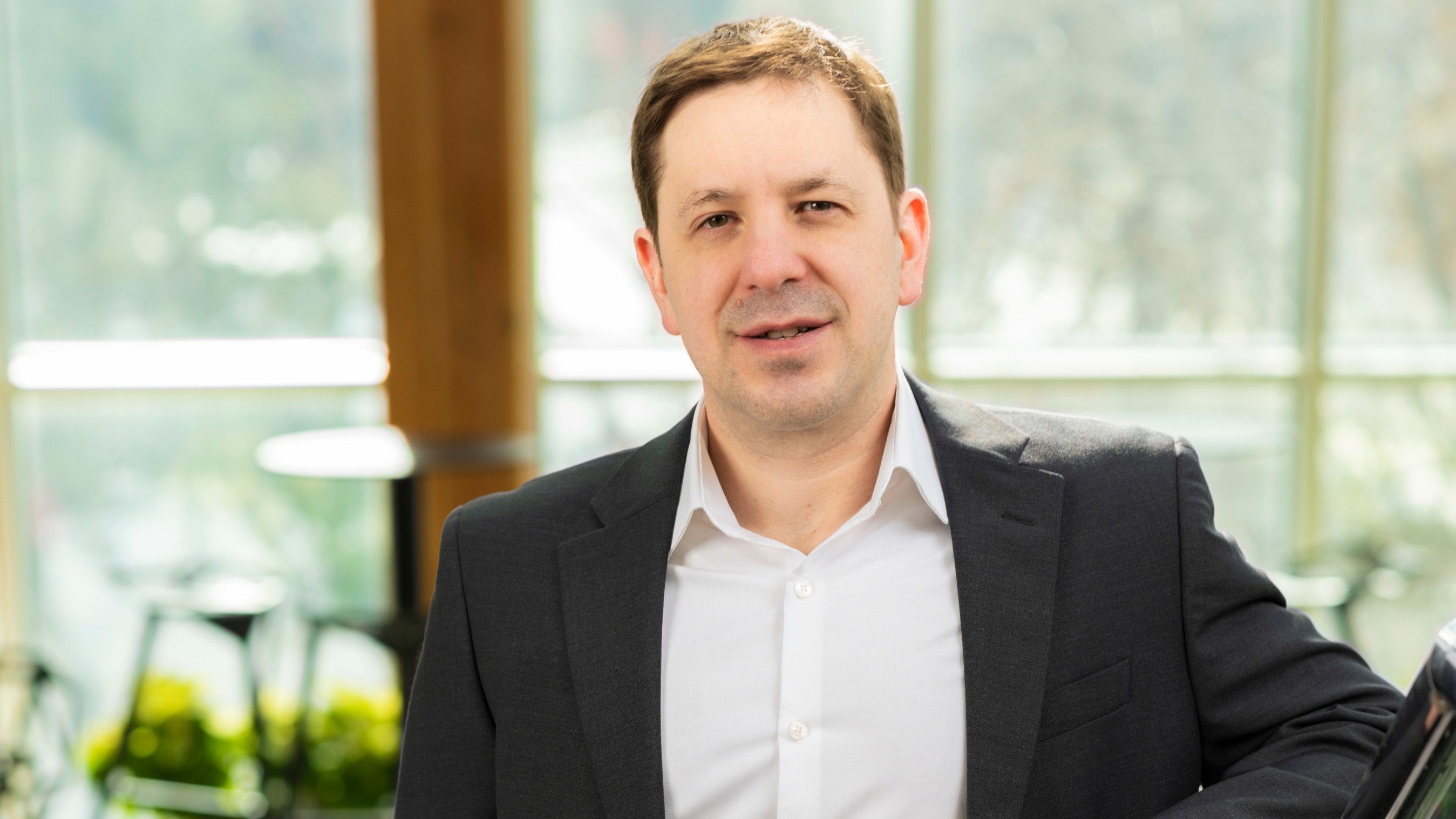
New Canada Excellence Research Chairs to join the U of A
When the name of your new research chair position has “excellence” in it, you might think you’re one of the top experts in your field — and you’d be right. That’s certainly true of Kalyan Das, Rebecca Hull-Meichle and Shinichi Nakagawa, whose world-leading work in antiviral drug design, islet cell biology and diabetes research, and meta-science to improve scientific literature is bringing them to the U of A as new Canada Excellence Research Chairs. When they arrive next year, they’ll join other CERCs including geochemist Graham Pearson, who was named a fellow of the Royal Society earlier this year, and virologist Michael Houghton, who shared the Nobel Prize in Physiology or Medicine in 2020 for his discovery of the hepatitis C virus. No pressure, though!
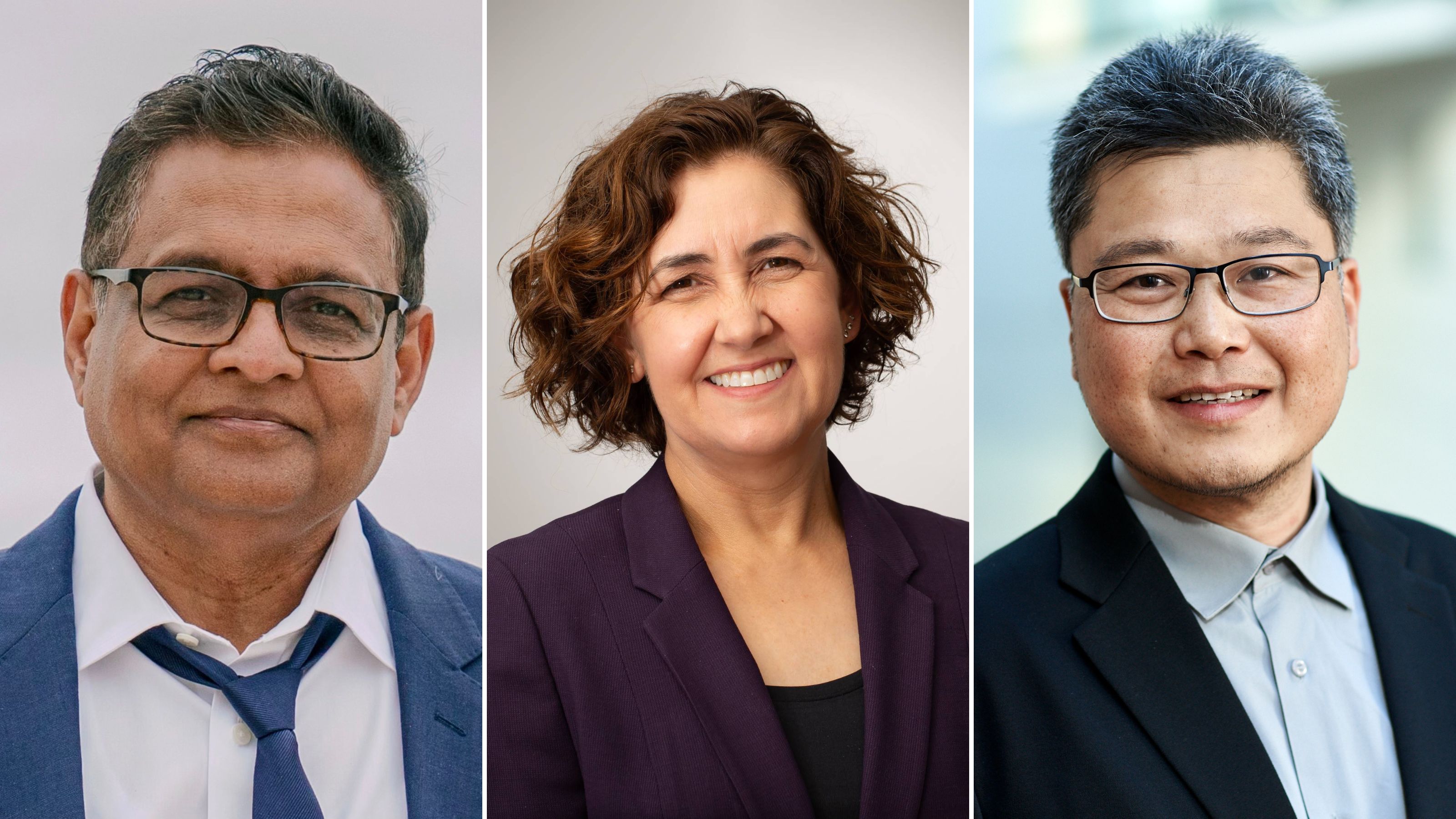
U of A ranks among top 30 worldwide in latest QS Sustainability Rankings
The U of A got an early holiday gift on Dec. 5, when it was ranked 28th worldwide in the second edition of the new sustainability rankings from QS — moving up 90 places from the inaugural rankings last year and landing well ahead of name brands like Harvard, Oxford and Cornell. The results confirmed that the U of A’s seventh-place finish in the Times Higher Education Impact Rankings earlier this year was well deserved, reflecting the university’s prominence in research, teaching and partnerships aimed at achieving the United Nations’ Sustainable Development Goals.
